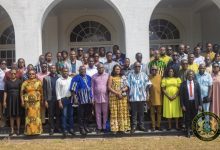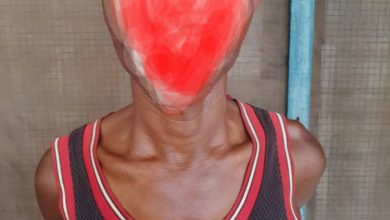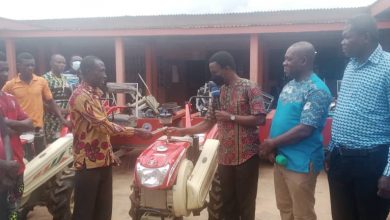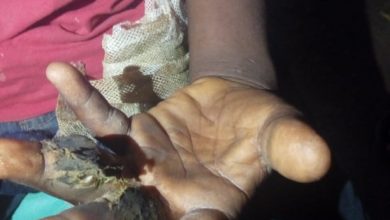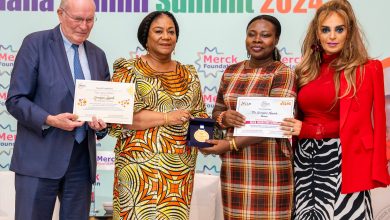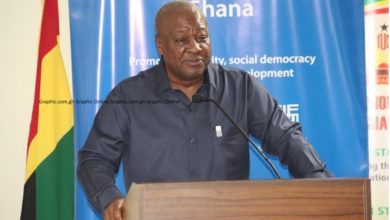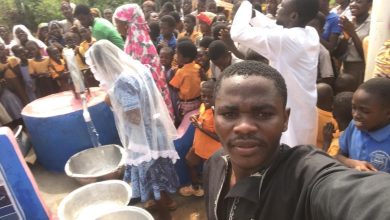Eating this food is worse for your teeth than candy: dental expert
Source: New York Post

Carboholics beware: Your favorite foods could be worse for your teeth than dessert.
That’s right, those “sticky and bready” fermentable carbohydrates — think: white bread, pasta, chips, cereal and crackers — are wreaking havoc on your pearly whites, Whitney DiFoggio, a registered dental hygienist, told The Post.
“The reason why fermentable carbohydrates are so bad for teeth is because they specifically break down into sugars while they’re still being chewed in your mouth,” she explained, calling them “sneaky sugars.”
Those specific carbs make the mouth more acidic because the saliva is working overtime to remove the gummy food off your teeth, she continued, which “increases your chance of tooth decay.”

Parents will often offer Goldfish crackers over Skittles under the guise of believing it’s a healthier option, but DiFoggio warned that “it might be just as bad.”
“We all know candy is sugar, right?” she added. “But we forget bread is sugar.”
Dark chocolate, on the other hand, is surprisingly good for your teeth because it can be easily rinsed off, as are foods that “require heavier biting and chewing,” such as crunchy vegetables like carrots and celery, while whole grains are generally better for your dental health.
Just like certain foods can make or break your complexion or heart health, for example, the same is true for your pearly whites.
“We probably know all the healthy foods — it’s the same for teeth as it is, for your overall body,” DiFoggio said.
That being said, if you’re hankering for some sticky sweets or a bag of chips, she recommends eating all of the snacks at once, because snacking throughout the day “is the absolute worst for teeth” since the mouth is continuously acidic.
“If you want to eat these foods, it’s okay. Try to eat them all at once, because then afterwards, it gives your saliva time to neutralize the acidic pH in your mouth from all the sugar,” she explained.
“So, eating a big meal of unhealthy stuff is actually healthier for your mouth than…snacking all throughout the day.”

The order in which you munch on your favorite foods is just as important, she noted. Neutralizing foods — most fruits, vegetables and dairy items like yogurt — should always be consumed last.
“So, for instance, if you’re eating cheese and crackers, you should always try to have the cheese be the last thing in your mouth to help neutralize the acidic pH in your mouth from the cavity-causing crackers,” DiFoggio continued.
“My favorite is sharp cheddar cheese. It’s very neutralizing.”
But if there isn’t any cheese lying around to cleanse your palette, she recommends just swishing water in your mouth to rinse away residual food or using gum that lists xylitol as an ingredient, as it can neutralize the acid in your mouth.
“Even if it’s healthy food, you don’t want any food sitting on your teeth for a prolonged period of time,” she explained, adding that it increases the risk of cavities and gum disease.
Of course, though, nothing beats a good brushing and flossing, the latter of which is likely not practiced as much as it should be.
DiFoggio warned that it takes 24 to 72 hours for plaque — the sticky film that accumulates on our teeth throughout the day — to harden into permanent tartar. So, skimping out on just one day of flossing could accelerate the damaging build-up, which has the potential to eat away at the bone, cause gum disease or cavities — and, worse, tooth loss.
“I know that’s dramatic to be like, ‘if you don’t fast you can lose your teeth,’ but technically you can,” she cautioned.
“The number one cause of people losing teeth is gum disease, not cavities. Cavities you usually lose one or two teeth at a time. Gum disease, you lose them all because the bacteria spreads.”
Gum disease has also been linked to other health issues, such as an increased risk of heart and kidney disease, diabetes, Alzheimer’s and more.
“Your blood vessels in your gum are connected to everything in your body,” she continued. “That bad tartar bacteria can spread to your heart and increase your risk of heart disease.”
So, if “running that string between your teeth once each day can not only prevent dental disease, but can prevent heart disease…wouldn’t you consider it?” DiFoggio asked.
In other words, “it’s not just about your dental health,” she said, “it’s about your overall health.”
Editor’s note:
Views and comments of characters in our stories do not represent the position of Gnewsprime.com.
The website is only a medium for news stories. Thank you

